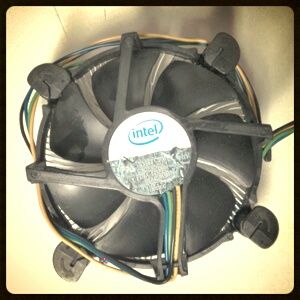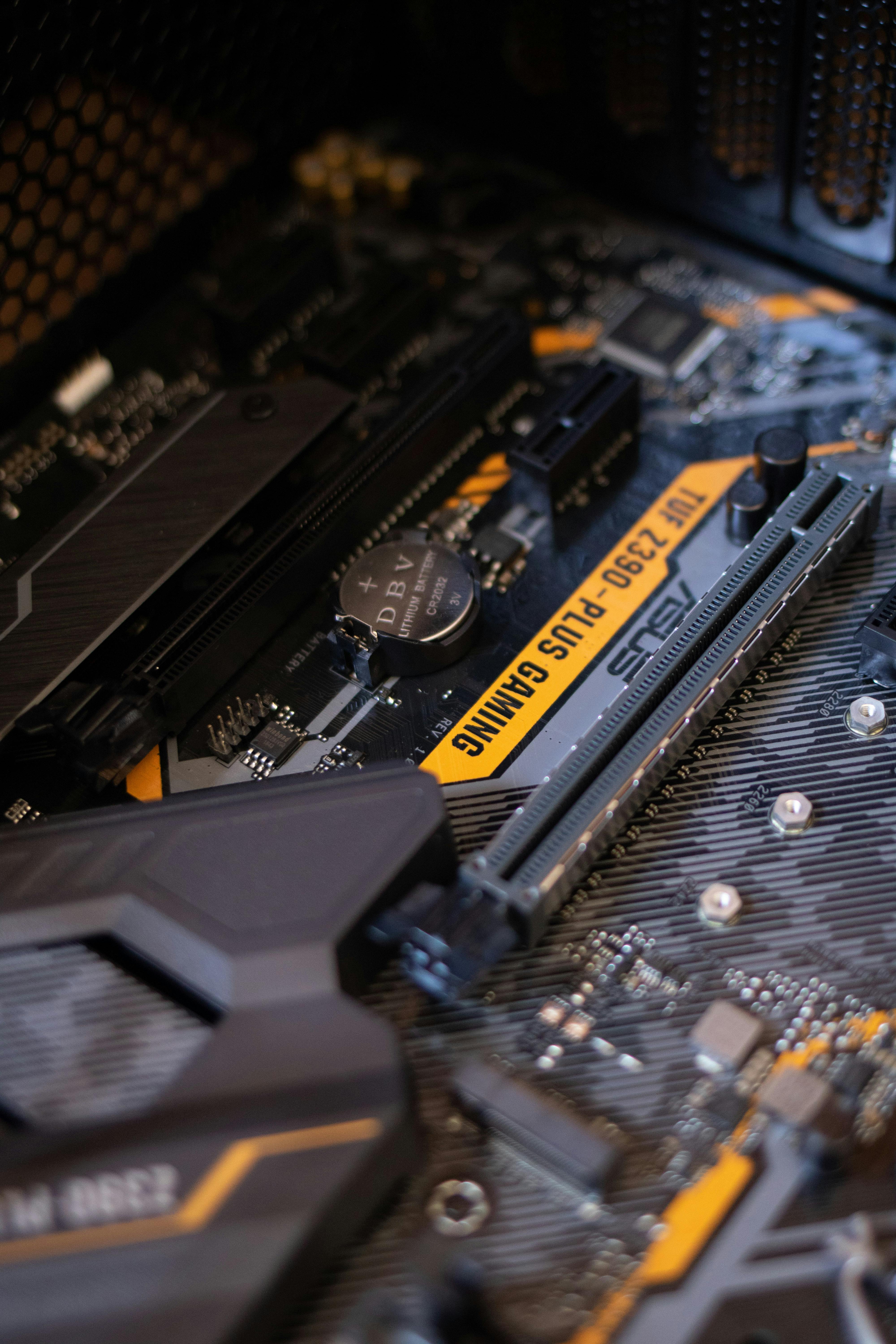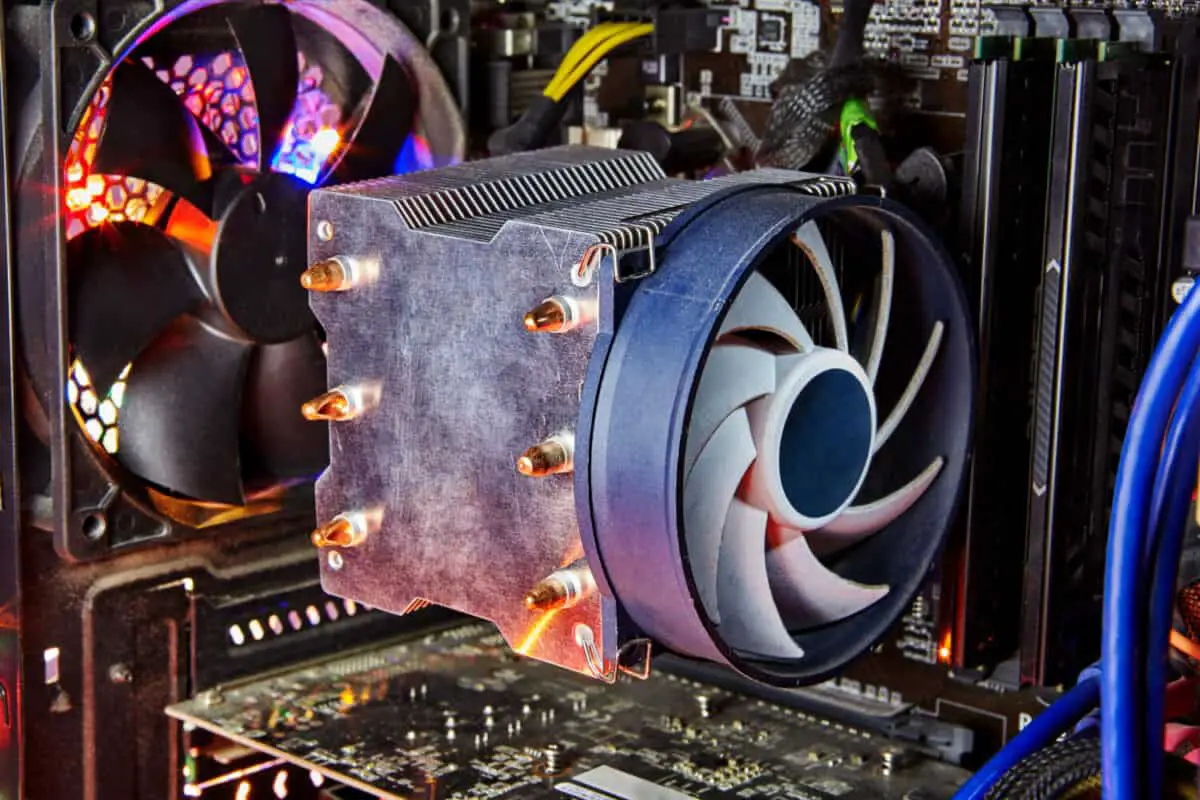When building a computer, it is important to make sure that all of the components are compatible with each other. One question that often arises when choosing a CPU cooler is whether or not it will fit onto a particular motherboard. While the answer may seem simple, there are actually many factors that come into play when determining if a CPU cooler will fit onto a motherboard.
In this article, we will take a closer look at the relationship between CPU coolers and motherboards, and answer the question: do all CPU coolers fit all motherboards?
Contents
Factors to Consider When Choosing a CPU Cooler

Before we can answer the main question, it is important to understand the various factors that come into play when choosing a CPU cooler. Here are a few things to consider:
Socket Type
The first thing to determine when choosing a CPU cooler is the socket type of your motherboard. This refers to the physical design of the CPU socket on the motherboard. Different manufacturers use different socket types for their CPUs, so it is important to make sure that the CPU cooler you choose is compatible with the socket type of your motherboard.
There are many different socket types, but some of the most common ones include Intel’s LGA and AMD’s AM4 sockets. These two are commonly used in modern CPUs, but it is always best to double-check the compatibility before making a purchase.
TDP (Thermal Design Power)
TDP refers to the amount of heat that a CPU produces under normal operating conditions. It is an important factor to consider when choosing a CPU cooler, as a cooler with a lower TDP rating may not be able to handle the heat generated by a high-powered CPU.
It is recommended to choose a CPU cooler with a TDP rating that is equal to or greater than that of your CPU. This will ensure that your CPU stays cool and does not overheat, which can lead to performance issues and even damage to the components.
Clearance
Another factor to consider is the clearance of your CPU cooler. This refers to the amount of space available around the CPU socket for the cooler to fit into. Some motherboards may have large heatsinks or other components that could interfere with the installation of a CPU cooler. It is important to check the clearance of your motherboard before choosing a CPU cooler.
Types of CPU Coolers
:max_bytes(150000):strip_icc()/DIY-CPU1-56a1b3215f9b58b7d0c1cb2d.jpg)
There are several types of CPU coolers available in the market, each with its own design and compatibility requirements. Let’s take a look at the most common types:
Air Coolers
Air coolers are the most common type of CPU cooler and consist of a heatsink and fan(s). They work by dissipating heat from the CPU through the use of a large metal surface (heatsink) and blowing cool air over it using a fan. These coolers typically come with various mounting brackets and clips that allow them to be attached to different socket types.
Air coolers are generally compatible with most motherboards, but clearance can be an issue with larger models.
Liquid Coolers
Liquid coolers, also known as AIO (all-in-one) coolers, use a closed-loop system to circulate liquid coolant through a radiator and pump to cool the CPU. They are more efficient than air coolers and offer better cooling performance, especially for high-powered CPUs.
Liquid coolers usually come with pre-applied thermal paste and are easier to install than custom water-cooling systems. However, due to their larger size, they may not be compatible with all motherboards.
Compatibility Issues Between CPU Coolers and Motherboards

Now that we have a better understanding of the various factors involved in choosing a CPU cooler, let’s take a closer look at some potential compatibility issues between CPU coolers and motherboards.
Size and Clearance
As mentioned earlier, clearance is an important factor to consider when choosing a CPU cooler. Some motherboards may have components such as large VRM heatsinks or RAM slots that could interfere with the installation of a CPU cooler. It is always recommended to check the dimensions of both your motherboard and CPU cooler before making a purchase.
Mounting Mechanism
Different CPU coolers come with different mounting mechanisms, which can also affect their compatibility with motherboards. For example, some coolers use a backplate mounting system, while others may use clips or screws. It is important to make sure that the CPU cooler you choose is compatible with the mounting system of your motherboard.
Fan Header Placement
Another potential issue could be the placement of the fan headers on the motherboard. Fan headers are used to power the fans on a CPU cooler, and if they are not located in close proximity to the CPU socket, it could limit the placement of the cooler itself. This is more common with larger air coolers, so it is important to double-check the fan header placement on your motherboard before choosing a CPU cooler.
Do All CPU Coolers Fit All Motherboards?

The answer to the main question is no, not all CPU coolers will fit onto all motherboards. As we have discussed, there are several factors that come into play when determining compatibility between a CPU cooler and a motherboard. However, with careful research and consideration of these factors, you can find a CPU cooler that is compatible with your specific motherboard.

Conclusion
In conclusion, not all CPU coolers will fit onto all motherboards. It is important to consider factors such as socket type, TDP, and clearance when choosing a CPU cooler to ensure compatibility with your specific motherboard. With proper research and consideration, you can find a CPU cooler that will keep your CPU running cool and efficiently.

Information Security Asia is the go-to website for the latest cybersecurity and tech news in various sectors. Our expert writers provide insights and analysis that you can trust, so you can stay ahead of the curve and protect your business. Whether you are a small business, an enterprise or even a government agency, we have the latest updates and advice for all aspects of cybersecurity.


